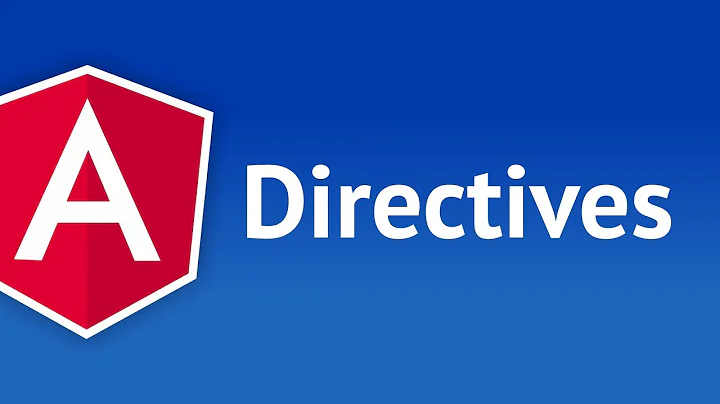How to let ng-disabled directive work with isolated scope
Solution 1
I had this same issue, and the easiest solution imho. is to use the isolated scope to inherit the property of ngDisabled.
angular.module('directives', [])
.directive('conditionalAutofocus', function () {
return {
restrict:'A',
scope:{
condition:'&conditionalAutofocus',
disabled:'=ngDisabled'
},
link:function (scope, element, attrs) {
if (scope.condition()) {
attrs.$set('autofocus','true');
}
if(scope.disabled){
//is disabled
}
}
}
});
Might only work for restrict : 'E'. Have not tested others
Solution 2
I had a similar problem lately. I wanted to disable a button in isolated scope and use this nice angular ng-disabled directive.
After some digging I came to a solution like this:
link: function($scope, element, attrs){
$scope.$parent.$watch(attrs.ngDisabled, function(newVal){
element.prop('disabled', newVal);
});
//...
}
To evaluate the ng-diabled expression instead of $scope just jump to $scope.$parent and all your variables will be avaliable. Unfortunatly manually setting the disabled property is required.
Solution 3
OK, for my own case above my solution is to change the implementation of directive, not use isolated scope anymore:
angular.module('directives', [])
.directive('conditionalAutofocus', function () {
return {
restrict:'A',
link:function (scope, element, attrs) {
scope.$watch(attrs.conditionalAutofocus, function(){
if (scope.$eval(attrs.conditionalAutofocus)) {
element.focus();
}else{
element.blur();
}
});
}
}
});
Solution 4
You can set up a bi-directional binding to the parent scope in your isolated scope definition. Then add a watch on the isolated scope property. This just duplicates the code in the ngReadonly directive.
angular.module('directives', [])
.directive('conditionalAutofocus', function () {
return {
restrict:'A',
scope:{
condition: '&conditionalAutofocus',
isReadonly: '=ngReadonly'
},
link:function (scope, element, attrs) {
if (scope.condition()) {
attrs.$set('autofocus','true');
}
scope.$watch('isReadonly', (value) => {
attrs.$set('readonly', !!value);
});
}
}
});
Related videos on Youtube
yi mo
Updated on September 15, 2022Comments
-
yi mo over 1 year
Recently I have to make a Input element work with both ng-disabled and an custom directive which use isolated scope to evaluate expression just like what ng-disabled is doing, somehow, the custom directive works fine but ng-disabled doesn't, since it only evaluate expression within the isolated scope.
The custom directive is quite simple like:
angular .module('directives', []) .directive('conditionalAutofocus', function () { return { restrict:'A', scope:{ condition:'&conditionalAutofocus' }, link:function (scope, element, attrs) { if (scope.condition()) { attrs.$set('autofocus','true'); } } } });while the page looks like:
<input name="pin" ng-model="pin" type="password" required ng-disabled="names == null" conditional-autofocus="names != null" />Anybody already has solution for this issue?
Thanks in advance! Yanni








